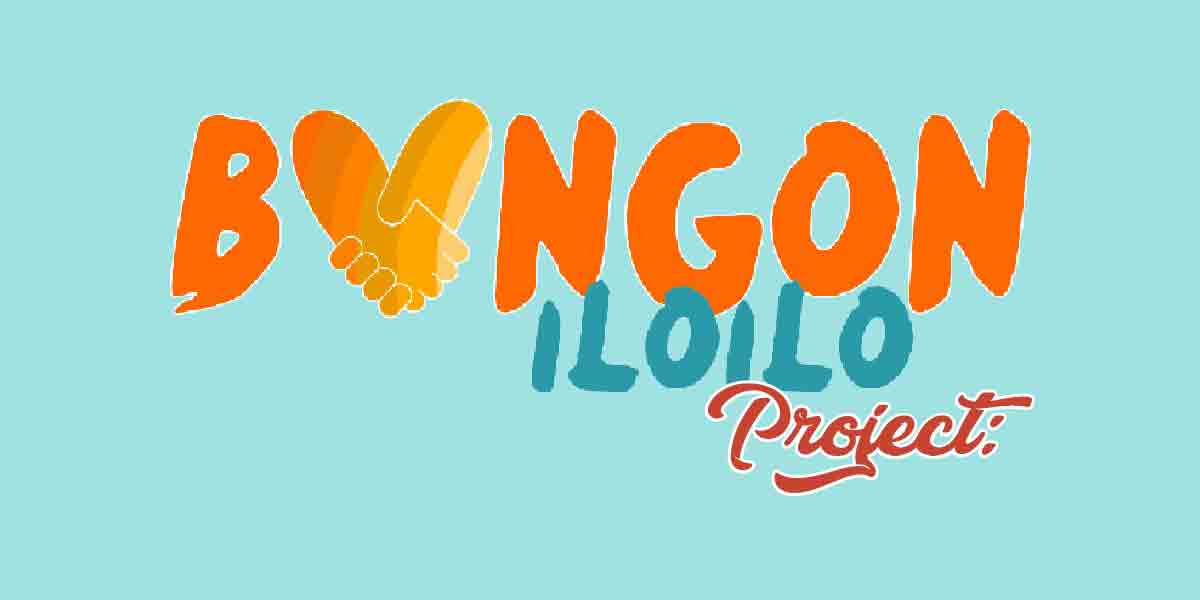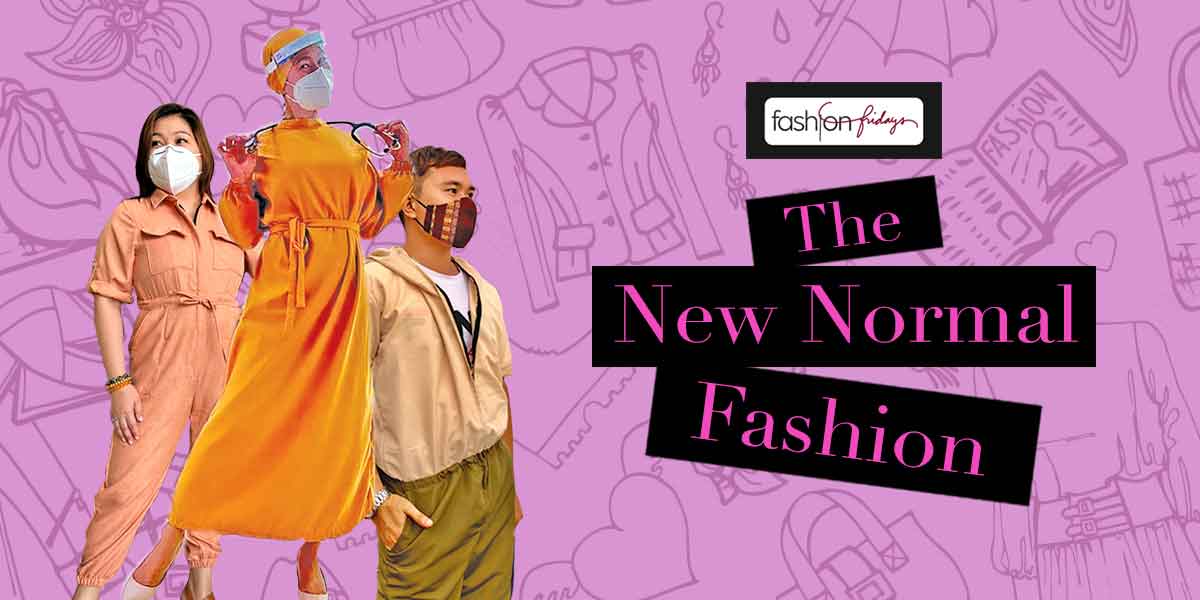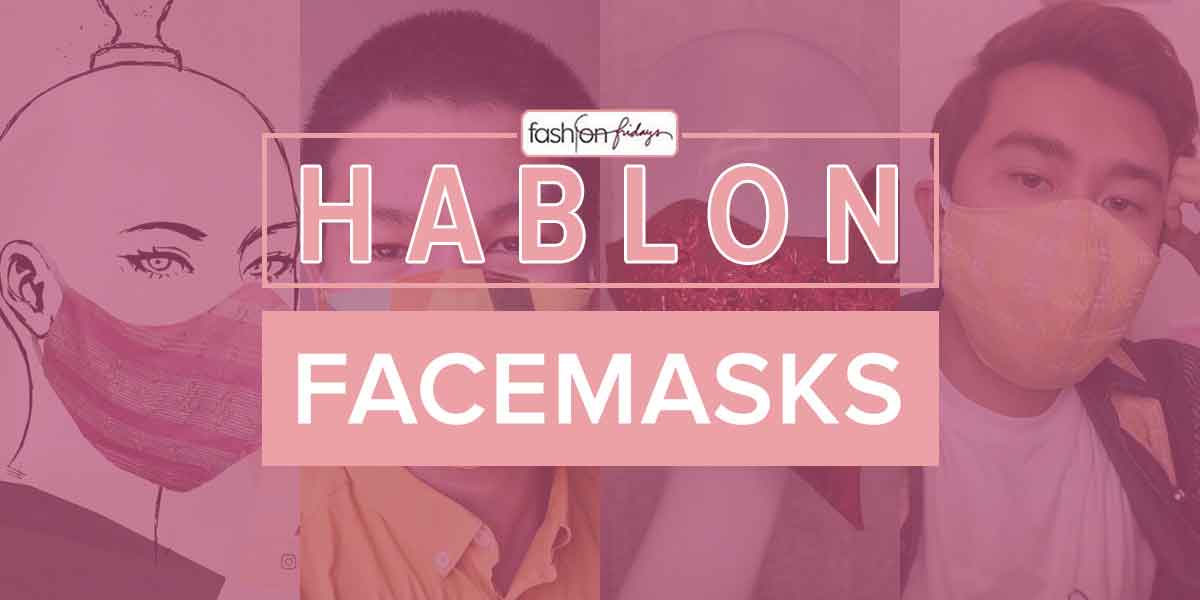
Today, social media has become part of one’s lifestyle – it is as if people are glued to their phones involuntarily scrolling their Facebook and Twitter newsfeed not only for entertainment but also for information and discourse. Since the cyberspace is an open space for everyone, netizens are entitled to post and share their pictures, insights, and reactions. This has become a tool for some to call-out inaccurate posts and social issues, but some to cyberbully and cancel other people. Weighing both, is call-out culture good? Or does it only do more harm?
Affirmative
- Call-out culture promotes discourse and discussions to a wide array of societal issues. Since the cyberspace has no restrictions on its user posts, everyone has the authority to post and participate in online debates. Everyone is allowed to stir up online conversations and debates publicly upon their discretion. It encourages netizens to involve in an intellectual discussion as well as educating those who lack information about a certain topic. Moreover, it emboldens people to bring up societal issues that should have been addressed by society.
- Moreover, Call-out culture is corrective. It serves as an avenue for people to speak out when something is wrong. It becomes a device to call attention and raise awareness about an existing issue such as gender inequality, poverty, social injustice and many more. It amplifies the voice of the people to express what they want to express regardless of their social status. Social justice warriors use this device to advocate social campaigns and gather support from millions such as #MeToo against sexual harassment, and #HeForShe for gender equality.
Negative
- Call-out culture is not corrective because the culture revolves around the pleasure of having moral ascendancy and intellectual superiority after the call-out. People like calling out because it gives them the sense of preeminence after their online criticism. The culture becomes unhealthy when the media is being misused as a double-edged sword instead of just a pen for social discourse. This will encourage trolls to publicly or privately shame and harass the victim. That, itself, will affect the netizen holistically. The user being canceled will suffer from an awful reputation which will prompt them to isolate themselves. It will regress their growth as an individual since society has already canceled their personality. In the long run, it will have an impact on the individual’s academic performance and job opportunities as well as their social life resulting in worst-case scenarios such as depression, suicide, and murder because of psychological distress.
- Call-out culture is not activism. Former United States President Barack Obama stated in an interview that being “woke” in social media does not mean that you are advocating about something. For him, if all a user does is to throw stones and bash, then it does not contribute to the society at all. There are a lot of cases where users are fond of criticizing and condescendingly correcting each other. This further fuels cyberwars and petty social media drama which people use as an excuse to gossip instead of upholding social justice. That toxifies social media because it already defeats its purpose of encouraging public discussion as well as increasing public awareness. If that is the case, then social media now has already transformed into a breeding ground online hate disputes and cyberbullying.























